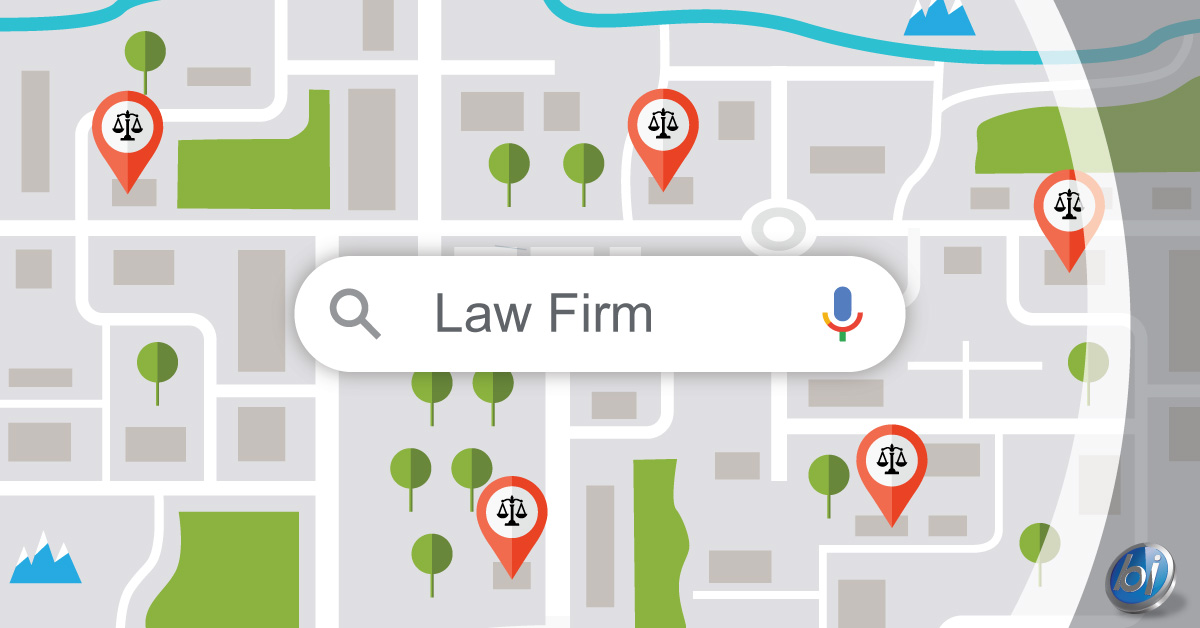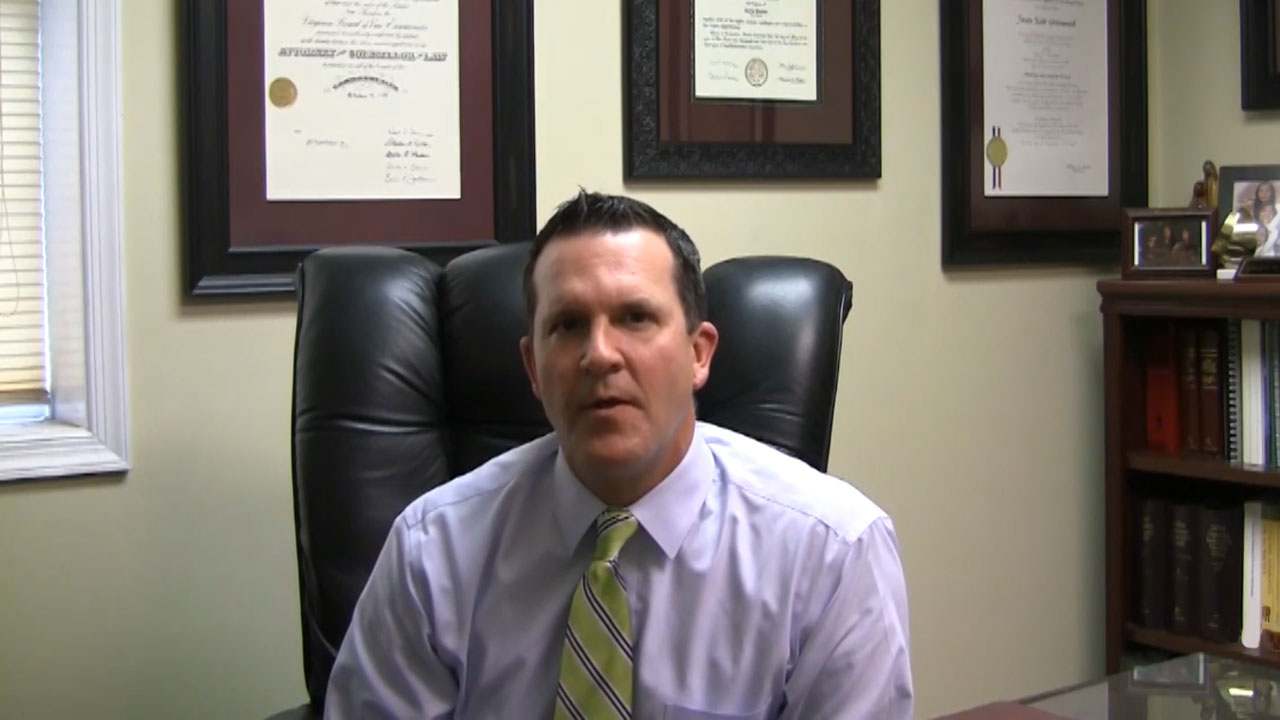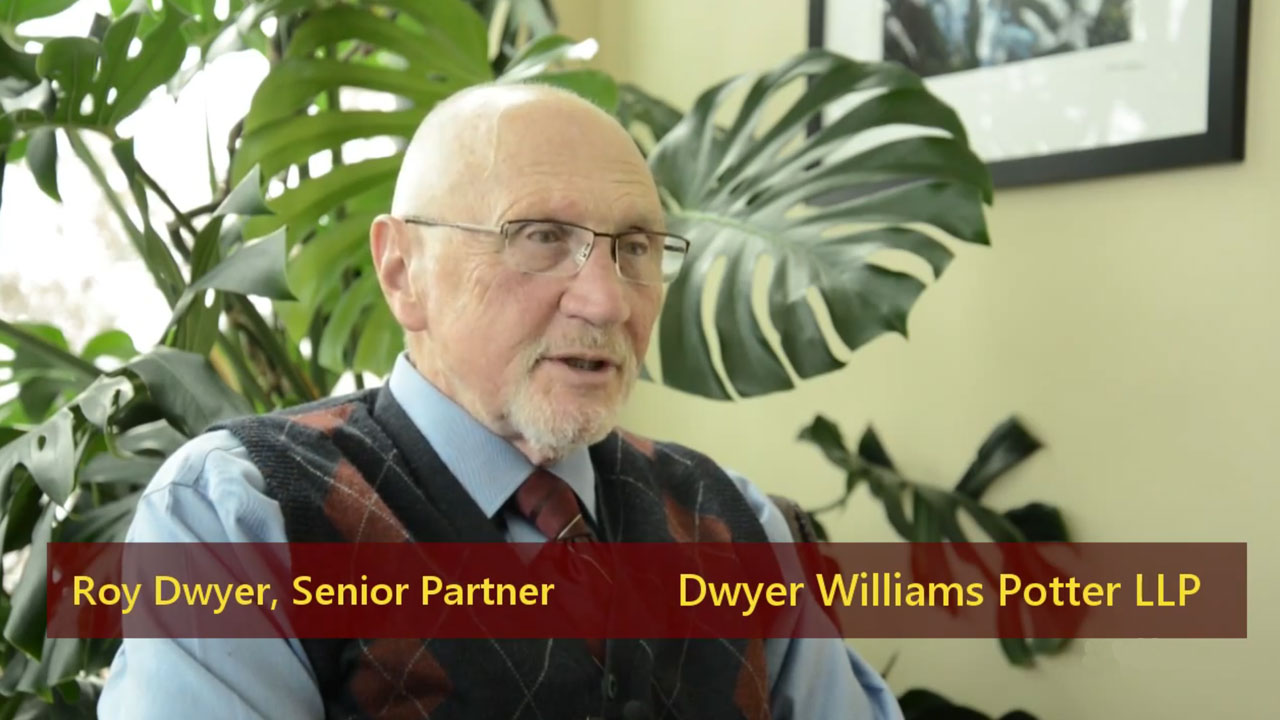Can’t find your website on search engines? Perhaps you have not implemented the right SEO practices to make it visible in your certain niche or area. Good content and SEO go hand-in-hand in increasing your online visibility. That’s why other than researching the content you’re publishing on your website, you need to know more about the SEO practices that will help you get more people to find your webpage and click on it for the information.
So What Is SEO?
Search Engine Optimization, or SEO, pertains to the practice of increasing your website traffic through non-paid or organic search engine results. As we said before, good content is associated with SEO, so you must determine the following to come up with SEO content strategies that will help improve your online visibility:
- What is your target audience searching for in search engines?
- What words are they typing on search engines?
- What answers are they looking for on search engine result pages?
- What type of content do they want to consume?
Also, with SEO, you must understand the search engine’s algorithm. Currently, Google holds the top spot for global desktop search traffic with 75%. It’s followed by Bing at 9.97%, Baidu at 9.34%, and Yahoo at 2.77% as of 2019. Hence, most law firms would focus their search engine strategies that meet Google’s ever-changing algorithm.
Understanding Search Engines
Search engines are machines that help users find relevant information. They go through numerous content to assess factors that would determine which of them is more relevant to your query. Through crawling and indexing, a process wherein search engines discover and catalog all the available content on the Internet, they rank each content by how well it matches your query.
What Are Google’s Standards for Search Engine Optimization
As Google is the most used search engine, your law firm’s website should see to it that you’ve implemented the standard SEO practices that Google needs from your website so that it can rank it high on its search engine results page. It does not solely rely on the articles or pieces of information on your webpage. You need to set up the titles, links, descriptions, keywords, and other technicalities needed so that Google can discover your website.
Then, what are Google’s standards in improving search engine optimization?
- Sitemap for Better Crawling
A sitemap is a file where you offer information about the pages, videos, and other files that are found on your website and the relationships between them. This allows Google to read the file to better crawl your website. Not all websites necessarily need a sitemap if it’s properly linked. However, Google suggests having a sitemap anyway, so the search engine can discover the most out of your website.
- Your Page Title Matters
Know that your content not only involves the bodies of text on your published article but on the title as well. Each page title on your site has to be unique. Don’t use a single title across all of your site’s pages or a large group of pages as it will be given a penalty in Google’s search rankings. Create eye-catching titles that relate to what your target audience is searching for on Google’s search engine.
- Compose a Concise Meta Description
Meta descriptions are snippets of your pages. Hence, you must accurately summarize your page content is at most 156 characters. It must have the relevant information your target audience needs to know if the information on your webpage is useful to them. Avoid using generic descriptions, like “This webpage is about bankruptcy,” or “This is about identity theft.” Also, don’t copy and paste your entire content on your meta description. Every page of your website must have a unique meta description.
- Use Headings to Emphasize the Important Topics
One way to transition one sub-topic to another is by using headings. Through heading tags, users can navigate through your document easily and find the information they are looking for. Here’s what you should know about what Google is looking for in your heading tags:
- They should be used sparingly across the page.
- Don’t use heading tags where other tags, like <em> or <strong> may be better
- Avoid being inconsistent with your heading tag’s size
- Be concise with your headings
- Make sure to add headings with intent rather than simply style
- Have a Structured Data Markup
Structured data is a feature in Google, wherein you can add a code that allows you to describe your content in search engines, so a user can better understand what’s on your pages. For example, in a search engine result, you can feature your ratings and reviews below your page’s URL through structured data markup. This is called “rich results.”
Not only does it provide ratings, but it can also feature your services, location, opening hours, and even company logos.
- Optimize Your Content
Make sure to create relevant content for your law firm. Also, make sure to incorporate relevant keywords your target audience may be used to find your content. Finding relevant keywords for your article requires research. You can go through Google’s Keyword Planner or use other keyword tools to let you know what your target audience is using to search for topics about your content.
To know about creating content for your target audience, you can refer to our previous article about writing website content.
- Optimize Your Images
Your image size also contributes to your website speed, so if your image is heavy, it may minimize your web speed and ultimately affect your website’s traffic. With this, we suggest you save your image in jpeg format. Also, make sure to have an image sitemap, so your image can also be found on image search results.
- Have a Responsive Website
Nowadays, Google makes website responsiveness a factor in their search engine rankings. This means if your website is not mobile-friendly, you won’t expect Google to have it on the front page of its search results. According to Google, most users nowadays search through their mobile devices. That’s why they’ve continuously updated their search engine to become more convenient for mobile users to find local businesses within their area, get in touch with them, or make a purchase. This includes finding relevant websites that are mobile-friendly.
When you’ve created a website that meets Google’s standard for ranking, then you can guarantee that you will see your law firm’s website on search engine results.
We understand that this could be a lot for you to digest. As a bankruptcy lawyer, you may want to simply focus on your practice, so you can help your clients gain better outcomes for their cases. Therefore, if you need help in improving your website’s SEO, then you can get online marketing experts specializing in SEO to help you.
How Binary Ideas Can Make a Difference
Our team at Binary Ideas has the know-how to help you create a high-converting website that improves your online visibility and increases your website’s traffic. With years of experience in creating websites for our diverse clientele and enhancing their online presence through effective SEO marketing strategies, you can guarantee that we can help you gain a competitive edge among your competitors and increase your revenue long term.
Do you want to know more about our services? Feel free to get in touch with us today!








